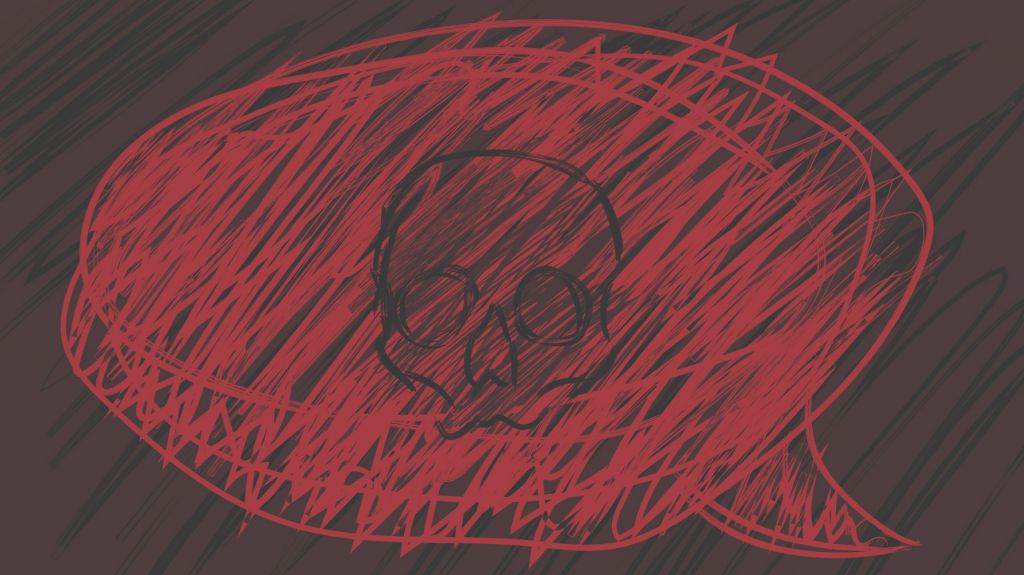The report, published on 15 May, analyses the situation up to December 2017, since its previous report in June 2012. It focuses on legislative issues, hate speech, violence, integration policies, and policies to combat discrimination against LGBT persons. It covers several country-specific topics and includes the interim recommendations from the ECRI’s fourth report that have not been implemented or have been partially implemented by Croatia.
The ECRI commended positive developments that occurred since 2012 with regard to the Migration Policy 2013–2015, adoption of the new Roma Inclusion Strategy, and the Law on Lifelong Partnership, as well as the amendments to the Criminal Code, which improved legal protection against hate speech even though the Criminal Code is still not fully in line with the ECRI’s recommendations.
The report finds that although Croatian law provides for both criminal and civil liability for hate speech, racist and intolerant hate speech in the public discourse is escalating. In regional media and on the Internet, expressions of racism and xenophobia against Serbs, LGBT persons and refugees are commonplace, as is abusive language when referring to Roma. Physical attacks against these groups and their property also occur. There is a growing rise in nationalism, particularly among the youth, which primarily takes the form of praising the fascist Ustaša regime.
The report raises concern about the growing presence of hate speech in political and other public discourse. It highlights the inability of the Croatian authorities, politicians, and high-ranking officials to address these incidents adequately, but also points to the deliberate use of inflammatory rhetoric by certain political figures in order to increase inter-ethnic tensions – a trend particularly instigated by the rise of historical revisionism.
As priority measures, the ECRI recommends the introduction of systematic human rights education, on equality and non-discrimination in particular, and calls for more effective implementation of the National Roma Inclusion Strategy.
Having recognised the need to better identify, prevent, and tackle hate crime and hate speech, Human Rights House Zagreb has just started the implementation of the project “Against Hate,”which focuses on developing the reporting of hate crime and hate speech, enhancing the capacity of the police, prosecutors, and judges to act against hate crime and hate speech, and increasing cooperation and coordination among different actors.
The project is coordinated by the Ministry of Justice of the Republic of Finland, and carried out in partnership with Victim Support Finland and partner NGOs from Croatia, the Centre for Peace Studies and GONG.
More hate speech in Croatia
Croatia: Ill Democracies – Europe Between Democracy and Autocracy
Croatia: “Enough with the Hatred”
Putting democracy and human rights back on the political agenda
—
This article was published as part of the Human Rights Houses monthly newsletter for May 2018.





